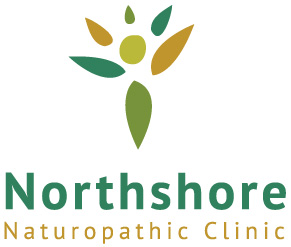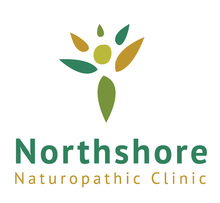By Dr. Matsen
In last month’s Comment I discussed some of the general supplements that can be used by most people to help support the liver. This month’s Comment will feature general remedies for the ileocecal valve and the kidneys.
One of the main priorities with most first-time patients is to strengthen the ileocecal valve, thereby stopping the flood of bacteria and yeast that are pouring from the large intestine into the small intestine where they run amok. The key to ileocecal valve strength is calcium and magnesium. I recommend calcium carbonate, because it is well-tolerated by most people, as opposed to calcium citrate, which has a tendency to aggravate many people. I know that this goes against the grain of what many others say, but it is based on clinical experience with thousands of patients. Calcium carbonate is higher in elemental calcium—the amount of actual calcium—than calcium citrate. The downside of calcium carbonate is that it dissolves more slowly in your stomach than the citrate form, so you’re less likely to absorb all the calcium; this is why I recommend calcium carbonate in liquid form. The one that I have had the most consistent success with is a liquid calcium/magnesium that also contains vitamin D3 from fish oil, which I have found more effective than vitamin D derived from irradiated yeast. Those who have trouble falling asleep often take it at bedtime because the magnesium calms some people. While liquid calcium carbonate is most commonly used, some patients prefer calcium/magnesium capsules.
Calcium is a large molecule that has to be transported into the body by vitamin D; therefore the calcium/magnesium supplements that I recommend for my patients also contain this important vitamin. However, it’s the kidneys job to activate the vitamin D and the kidneys alter the activation of vitamin D with the seasons. In the summer when the skin makes a lot of vitamin D directly from the sun, then the kidneys don’t activate vitamin D as strongly. In the winter when the skin can make little vitamin D directly, the kidneys activate vitamin D into the strong form. Since the kidneys can’t see what the weather is like, they judge the seasons by the ions in your food, sodium and potassium in particular.
The more sun a plant grows in, the more potassium it has, so eating plant food tells the kidneys you are in the sun and the kidneys reduce the activation of vitamin D. Sodium, however, such as in animal protein, tells the kidneys that it is winter and that there’s not much sunshine, so the kidneys activate D stronger. Our farmer ancestors knew that their plant-eating animals had to counteract their high potassium diets with salt (in the form of salt licks). And so do you. I recommend Celtic Sea Salt® from Brittany, France, where it has been produced by the same techniques for hundreds of years. Not only does it provide the essential sodium needed on a vegetable diet, but it has dozens of important trace minerals that have been stripped out of regular salt and other types of sea salt. While other sea salts do contain iodine, the quantity is low and therefore should be supplemented with ocean fish or ocean plants for greater iodine content.
To further improve calcium absorption and support kidney function at the same time, I often recommend horsetail extract. The form I use most commonly is a 50/50 mixture of Horsetail and Nettles Tincture. The silica in the horsetail helps the kidneys hang onto calcium longer, which becomes especially important as one gets older because the kidneys are less able to retain calcium. Kids also benefit from small amounts of horsetail extract because they often don’t have healthy eating habits. Nettles are especially important to decongest swollen lymph glands, which are usually the result of an overloaded liver dumping toxins into the lymph.
For those who don’t like liquid tinctures, I use Silica capsules. Silica is an aqueous spring horsetail extract that also helps the kidneys maintain calcium levels. Nettles are also available in capsule form. In Western Europe during World War II, hungry people began scavenging for food around the canals and countryside. Doctors in many countries noticed that people’s death rates dropped dramatically. Several studies indicated that it was likely the stinging nettles in their diet that gave this unexpected health benefit.
When people have high blood pressure that makes it difficult to take salt in their diet, I’ll often add in Celery Seed Extract Capsules with horsetail/nettles tincture. Celery Seed Extract not only helps lower blood pressure in many people but also helps relieve some low back and neck tension related to kidney stress, especially if the discomfort is worse due to weather changes.


